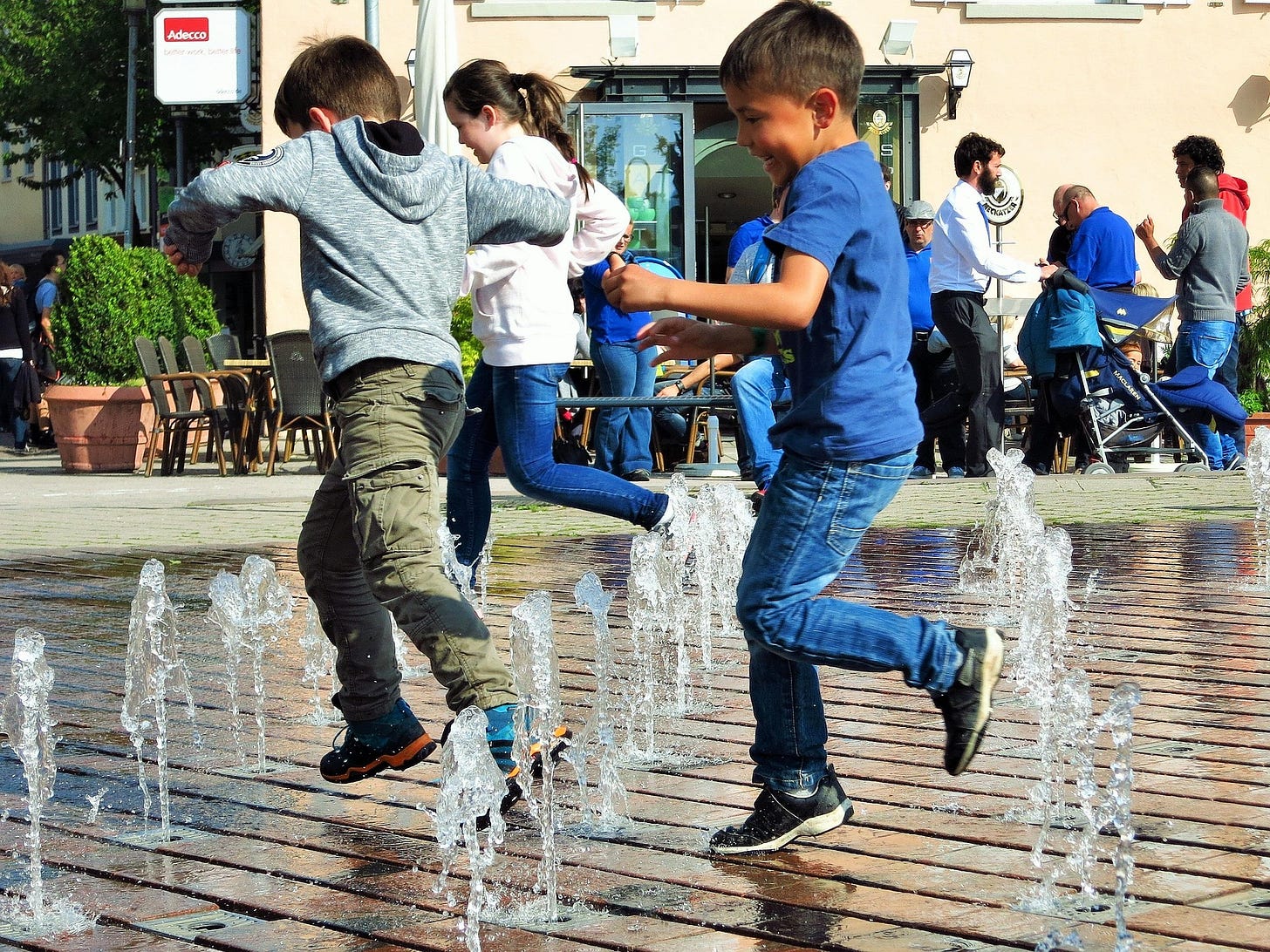Developmentalism comes from Childhood Studies. It’s a field of academic study, which challenges child developmental norms.
In youth rights circles, it has long been traditional to critique child development, particularly when it comes to the myth of the “teen brain.”1 While this is largely productive, critiquing child development as it applies to actual kids should be challenged.
But what is youth rights, I hear you ask? To put it simply, youth rights is the idea of giving rights customarily reserved for adults to teens and, if you’re a radical youth liberationist, to children as well.
Having defined youth rights, actual children, however, have irreducible psychological needs. These needs when not met can lead to mental illness and chronic health conditions.2
An innovative approach is offered by youth rights activist genderneutralnoun, who writes in a blog post of the subtle ableism in the youth rights movement.ii At one point in the essay, they make the excellent point,
“Disabled activists did not demand for disabled people to be allowed into an ableist world in which they already existed; they demanded, and continue to demand, that the ableist world change itself to allow disabled people space within it.”
In comparing youth rights to the history of disability activism, they reveal an important way forward for youth rights as it applies to children.
Another important point they make, is the need to decouple agency from independence.3 Anyone who’s ever tried to persuade their toddler to eat something they don’t want is fully aware that even young children exercise agency--quite strongly in this example. Thus, even though no one would argue the toddler is independent, they clearly are exercising agency.
In the transition to a society which respects children’s agency without necessarily pushing for their independence, children, with adult help, could start to agitate and fight for a world adapted to their unique needs--both physical and mental. For example, they could fight for all restaurants to welcome them whether integrated into the main dining area or provided a separate one. Restaurants where a more serious atmosphere prevails would be ideal places for a separate area. This need not preclude children from sitting with their parents, but such accommodation would allow children a space to be children.
Another example might be to design reception areas in hospitals and clinics so that children could check-in. There might be a receptionist at a height which a child could interact with. This would require telling children enough about any medical conditions they had so they could check in. Doing this should be easy for most parents.
There is some concern I have around certain medical conditions and procedures. For example, many kids are scared of surgery. In these instances and others where kids might not feel comfortable checking in on their own, a trusted adult or parent could check-in for or with them.
Still another example would be re-designing our roads and streets to be child-inclusive. This would have desirable knock-on effects for disabled and elderly folks. Imagine a city which diverts traffic to areas where there are fewer pedestrians. In fact, this is already done in Barcelona, Spain. There’s an entire city planning technique called superblocks. “The idealized superblock is nine square city blocks, three by three...”4 This redesign would allow children, as well as all folks, to travel safely and access the city’s amenities with a reduced risk of injury from traffic. This one accommodation, more than any other, would truly make the world accessible to children. In addition to the benefit to children, this change would also reinvigorate social life in the city. Folks could gather at the city superblocks for festivals, potlucks, and other such things community-centric happenings. This might go a long way toward breaking our addiction to our mobile devices--something which affects children, youth and adults alike.
All in all, tailoring the world to accommodate children would make it a more joyous place for all of us. After all, who doesn’t like the sounds and sights of children frolicking about. Perhaps the Grinch might object or a tired adult, but that’s a price worth paying for a more child-inclusive world.
Mate, Gabor The Myth of Normal “’The Question’ Gordon Neufeld said to me, ‘becomes what are the irreducible needs of the child?...’”




